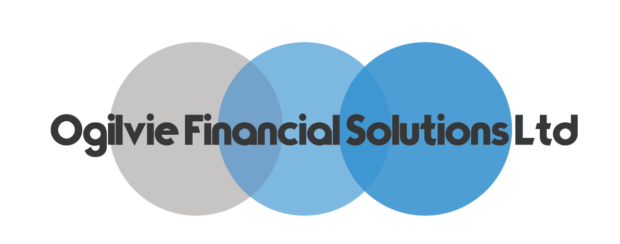No-one enjoys planning for the possibility of their health and…

Understanding underinsurance
Underinsurance is a term often used in the media and it justifiably deserves the headline attention. But, what does it mean and how do you know if it applies to you?
Sadly, many Kiwis don’t realise that they may be underinsured, and claim time is the worst possible time to find this out.
However, it’s a fate that can be easily avoided – so make sure you read on to learn more about this important issue.
What is underinsurance?
Broadly speaking, insurance can be classified into two types – ‘fire and general’ (like house, vehicle and contents insurance) and ‘personal risk’ (such as life, income, critical illness and health insurance).
The way in which you may be at risk of underinsurance depends on the type of policy you have.
Imagine your vehicle is damaged beyond repair, or your home is burgled. You could experience underinsurance if the value of your insurance doesn’t accurately reflect the value of your assets.
That could leave you with a nasty shock of finding that your insurance pay-out doesn’t match the cost of replacement.
On the other hand, if you become critically injured or unable to work, you may find yourself underinsured if the value of your insurance doesn’t accurately reflect your financial risks.
Your risks may include debts, leases and living expenses. They are things that you are liable for and will still cost you every week, even if you’re not able to work.
Where Kiwis are most at risk of underinsurance
According to recent research by the Financial Services Council of New Zealand, Kiwis are most at risk of underinsurance when it comes to ‘personal risk’ policies – particularly:
- Critical illness insurance – in 2020, only an estimated 9% of those surveyed had adequate insurance
- Income protection/mortgage repayment insurance – only 11% had adequate insurance
- Life insurance – only 29% had adequate insurance
As they suggest, when it comes to avoiding underinsurance, it’s important to “take action now.”
By working with a qualified financial service adviser, you can be confident that an expert has assessed that you have the right cover in place.
Regularly review your insurance
Like the Financial Services Council of New Zealand urge, don’t leave it until it is too late – especially when many changes in life aren’t always so predictable.
From natural disasters to unexpected injury, it’s important to regularly review your insurance and keep your policy updated.
Here are a few simple suggestions from our Plus 4 insurance advisers to get you started:
- Have you insured all your assets? It may be that the value of a new car, boat or home isn’t reflected in your policy.
- Would it be sensible to add a new policy? For example, if you have a new baby, you may wish to consider other insurances – like life and health.
- Imagine the worst-case scenario – would you be able to provide for your loved ones if you become critically ill?
- If you are an owner-operator, would your business survive if you are unable to work?
While your premiums may change a little if the value of your assets or potential financial risks increase, having sufficient insurance means you are protected should the worst occur.
That’s much more important than trying to save on your premiums in the short-term!
Getting the right advice
With your insurance needs changing depending on your stage of life, it’s important you get advice from an expert – like the team of independent, registered financial service advisers at Plus 4.
If you’d like to review an existing insurance policy, or find answers to any queries, you’ll find we’re here to help.



